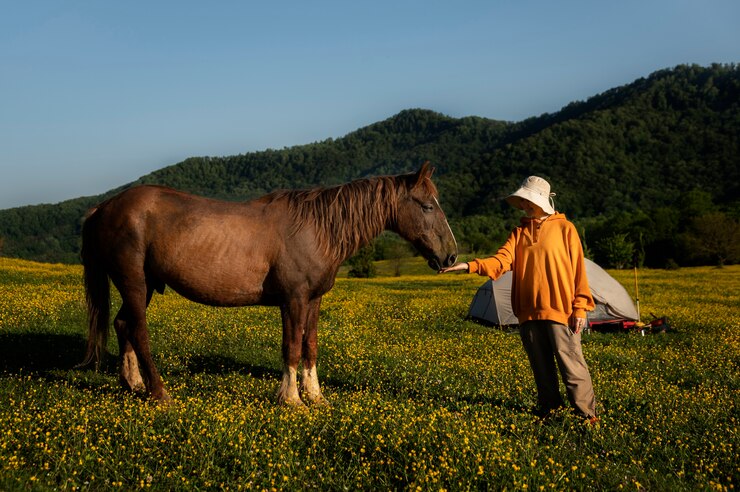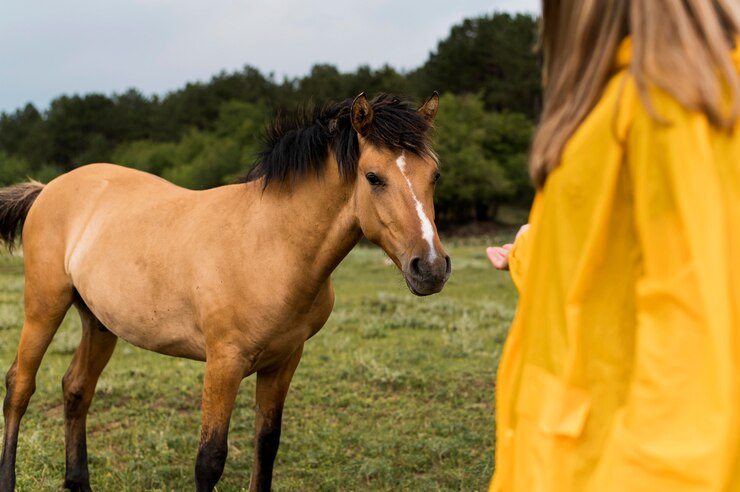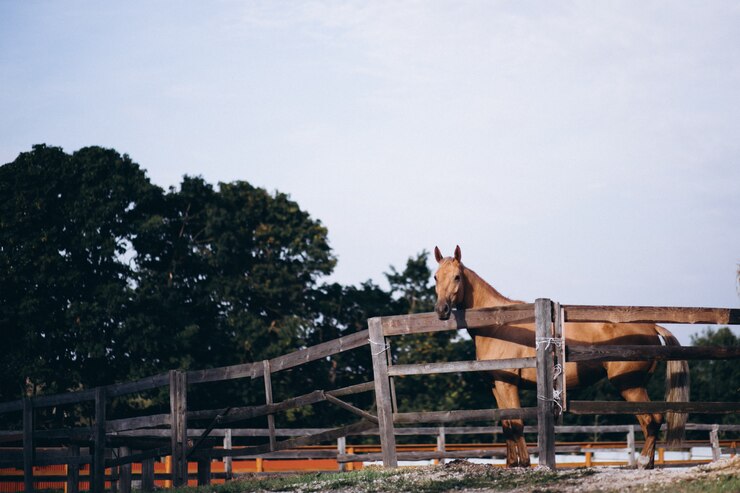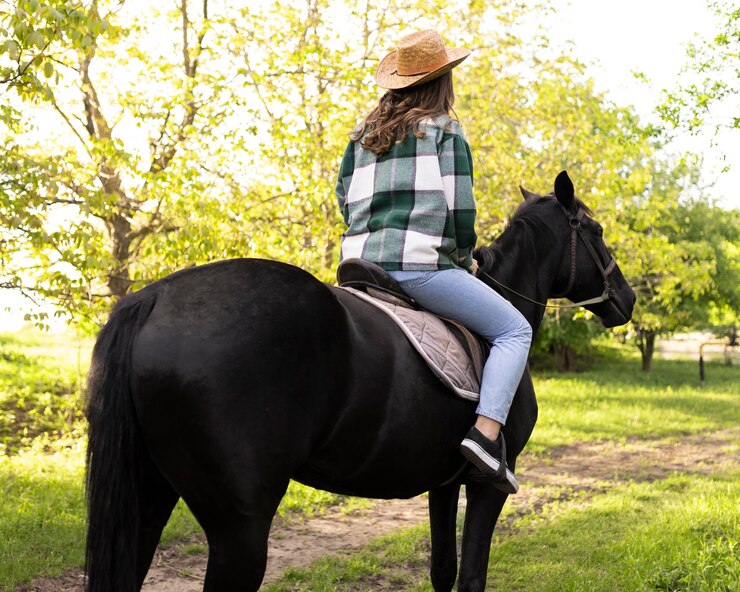Maintaining optimal horse health requires careful attention to nutrition throughout the year, as dietary needs can vary depending on the season. Read More
Spring:
During the spring months, horses may experience changes in activity level as they become more active outdoors. It’s essential to gradually transition horses from their winter feeding regimen to a diet that supports increased activity and growth. Spring pastures may provide fresh forage, but it’s crucial to monitor grazing time and gradually introduce horses to new pasture to prevent digestive upset.
Summer:
In hot summer months, horses require additional hydration to stay cool and maintain optimal health. Providing access to fresh, clean water at all times is essential, along with electrolyte supplements to replace lost minerals through sweating. Adjusting feeding times to avoid the hottest parts of the day and offering shaded areas for rest can help prevent heat-related stress and dehydration.
Fall:
As temperatures begin to cool in the fall, horses may start to transition from pasture to stored forage such as hay. It’s essential to monitor body condition and adjust feeding amounts accordingly to prevent weight gain or loss. Supplementing with vitamin and mineral-rich feeds can help support immune function and prepare horses for the winter months ahead.
Winter:
During the winter, horses expend more energy to stay warm, increasing their calorie requirements. Providing high-quality forage such as hay or haylage is essential for meeting horses’ nutritional needs during colder months when pasture grass is scarce. Supplementing with grains or concentrates may be necessary for horses with increased energy requirements due to work or cold weather.
Year-Round Nutritional Considerations:
- Forage Quality: Regardless of the season, prioritizing high-quality forage is essential for maintaining optimal horse health. Regularly testing hay and pasture for nutrient content can help ensure horses receive the necessary vitamins, minerals, and protein in their diet.
- Weight Management: Monitoring body condition score and adjusting feeding amounts accordingly is essential year-round to prevent obesity or undernourishment. Regular exercise and turnout can help maintain muscle tone and prevent obesity during periods of reduced activity.
- Supplementation: Depending on individual horse needs and environmental factors, supplementation with vitamins, minerals, or specialized feeds may be necessary to fill nutritional gaps in the diet. Consulting with a veterinarian or equine nutritionist can help determine the most appropriate supplementation plan for your horse.
Conclusion:
By following seasonal nutritional guidelines and adjusting feeding practices to meet horses’ changing needs, owners can ensure optimal health and performance year-round. Providing a balanced diet, ample fresh water, and appropriate supplementation supports horses’ overall well-being and helps them thrive in every season. Regular monitoring of body condition, forage quality, and activity level allows owners to make informed decisions about feeding and management practices, promoting long-term health and vitality in their equine companions.





